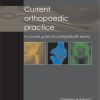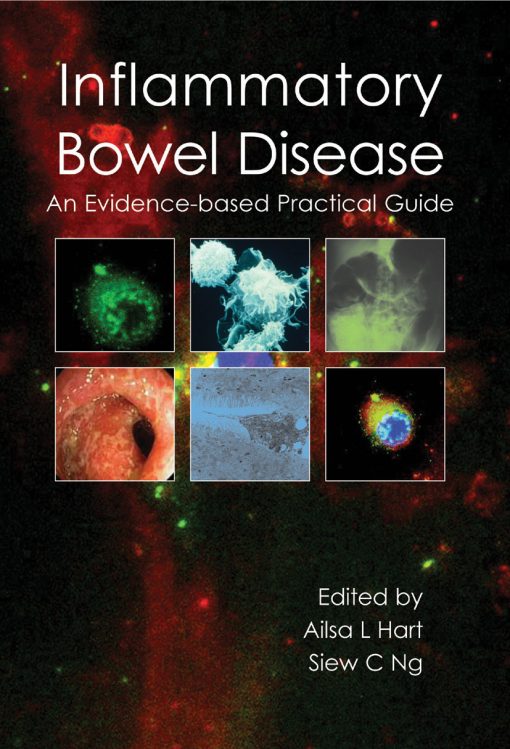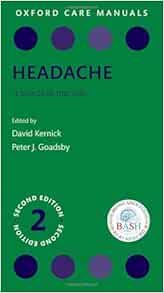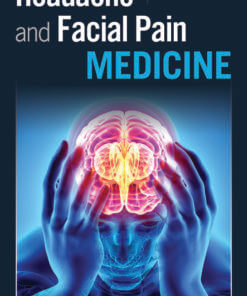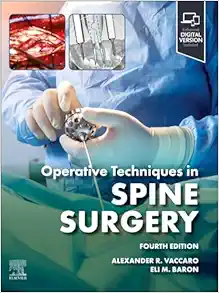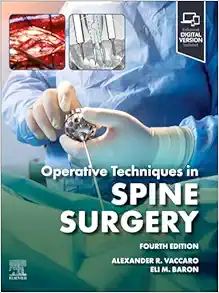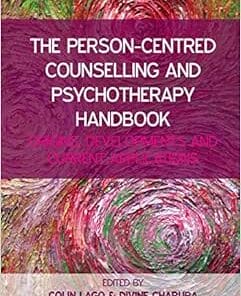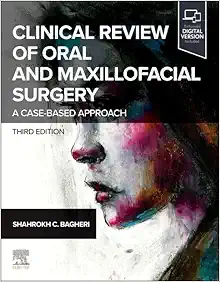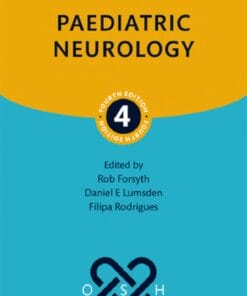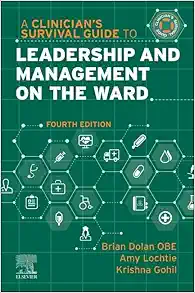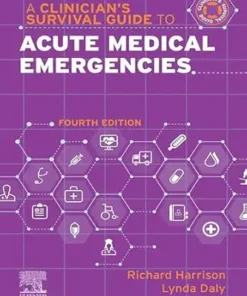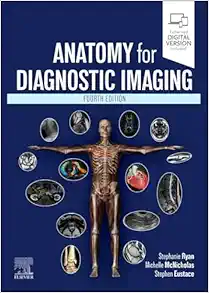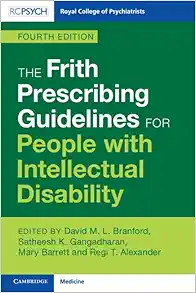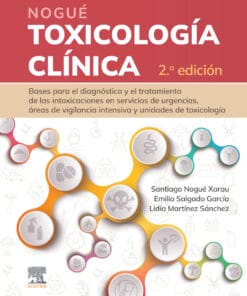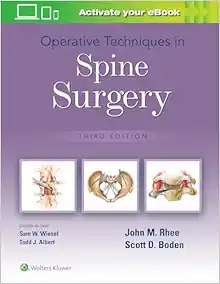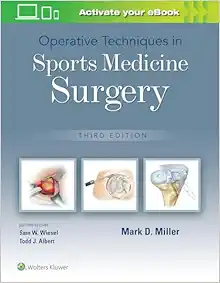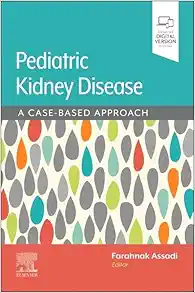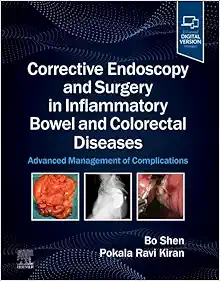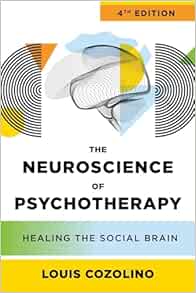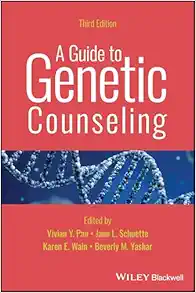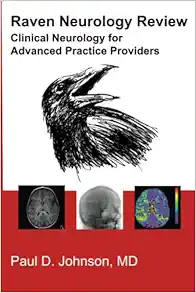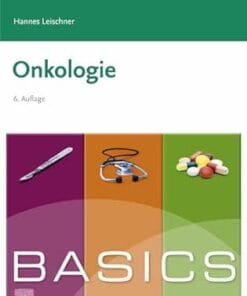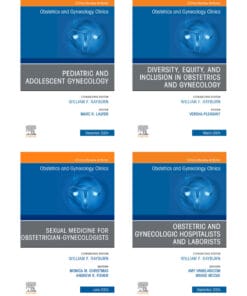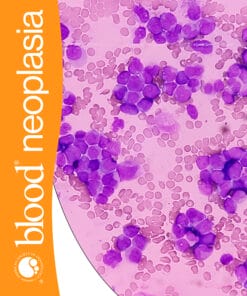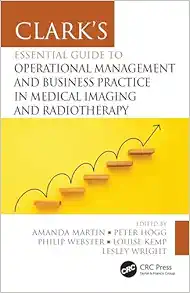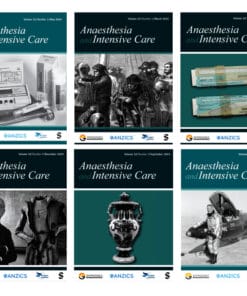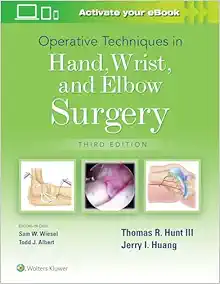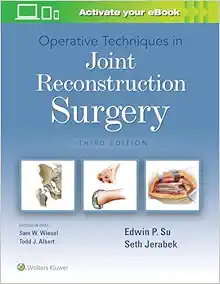Inflammatory Bowel Disease (EPUB Book)
5 $
Format : EPUB
File Size : 13.5 MB
The book “Inflammatory Bowel Disease” by Ailsa L Hart is a pocket-sized guide for healthcare professionals, offering a comprehensive overview of treatment methods for inflammatory bowel disease. It includes expert insights, covers both ulcerative colitis and Crohn’s disease, and addresses special scenarios such as extraintestinal manifestations, cancer surveillance, pregnancy, and more. The book is suitable for gastroenterologists, gastrointestinal surgeons, nurse specialists, general practitioners, and general physicians. It provides up-to-date information and practical tips in a concise format. The reviewer highly recommends it, giving it a rating of 4.9 out of 5 stars. The book was published by TFM Publishing Ltd in February 2012 and is available in English. The ISBN is 9781903378823 and 9781908986894.
Inflammatory Bowel Disease (EPUB Book)
Introduction to Inflammatory Bowel Disease (IBD)
Inflammatory Bowel Disease (IBD) is a chronic inflammatory disease of the gastrointestinal tract that affects millions of people worldwide. IBD is divided into two main types: Crohn’s disease and ulcerative colitis [1]. Both conditions can cause inflammation and damage to the lining of the digestive tract, leading to a range of symptoms such as diarrhea, abdominal pain, and rectal bleeding [2]. IBD is a complex disease that can have a significant impact on an individual’s quality of life. It is important to understand the different types, causes, and risk factors associated with IBD to effectively manage and treat the condition.
The causes of IBD are not fully understood, but several factors have been identified as potential contributors. These factors include genetic predisposition, environmental factors, and an abnormal immune response [3]. Additionally, studies have shown that individuals with psychiatric disorders are at a higher risk of developing IBD [4]. It is important to note that IBD is not caused by stress or diet, although these factors can exacerbate symptoms in some individuals [5]. Understanding the underlying causes and risk factors of IBD can aid in the development of personalized treatment plans.
The complications associated with IBD can be both intestinal and extraintestinal. Intestinal complications may include hemorrhage, strictures, and colon cancer [1]. Extraintestinal complications can affect other parts of the body, such as the skin, eyes, and joints [6]. Treatment for IBD often involves a combination of medication, lifestyle changes, and surgery [7]. Early diagnosis and management of IBD can help improve symptoms and prevent complications.
Symptoms and Diagnosis of IBD
Inflammatory bowel disease (IBD) is a chronic condition that affects the gastrointestinal tract. The most common symptoms of IBD include abdominal pain, diarrhea, rectal bleeding, fatigue, and weight loss [2]. Crohn’s disease, a type of IBD, is characterized by right lower quadrant pain, weight loss, and non-bloody diarrhea [1]. Ulcerative colitis, another type of IBD, is characterized by symptoms such as abdominal pain, cramping, blood in the stools, and chronic diarrhea [8]. These symptoms can be debilitating and have a significant impact on an individual’s quality of life [9]. It is important to recognize these symptoms and seek medical attention promptly.
Diagnosing IBD requires a combination of clinical findings, laboratory markers, imaging studies, and endoscopic procedures [1]. Blood tests can be used to check for anemia or infection [10]. Imaging studies such as CT scans and MRIs can help visualize the gastrointestinal tract and identify areas of inflammation [11]. Endoscopic procedures such as colonoscopy and sigmoidoscopy can help visualize the lining of the colon and rectum and obtain tissue samples for further analysis [3]. It is important to work closely with a healthcare provider to determine the most appropriate diagnostic tests.
Differential diagnosis and misdiagnosis are common challenges in diagnosing IBD. The symptoms of IBD can overlap with other gastrointestinal conditions, such as irritable bowel syndrome and infectious colitis [12][13]. Therefore, it is important to rule out other potential causes of symptoms before making a diagnosis of IBD [14]. A proper diagnosis is crucial to ensure that individuals receive appropriate treatment and management of their condition [15][16].
Treatment Options for IBD
Inflammatory bowel disease (IBD) is a chronic inflammatory disease of the gastrointestinal tract that is divided into Crohn’s disease and ulcerative colitis [1]. While multiple effective therapeutic options exist for the treatment of IBD, some patients may fail to respond or lose response to these treatments [17]. Medications are a common treatment option for IBD, and the drugs used to treat IBD include anti-inflammatory drugs, immunosuppressants, and biologic agents [9]. The treatment of ulcerative colitis is still imperfect, and newer agents with increased efficacy and improved safety profiles are constantly being sought after [18]. Tofacitinib, a Janus kinase (JAK) inhibitor, has been approved for the treatment of moderate-to-severe ulcerative colitis [19].
Surgical options for IBD may be necessary in some cases, particularly for patients with severe disease or complications such as abscesses or bowel obstruction. The surgical treatment of predominantly colonic inflammatory bowel disease is typically a proctocolectomy with ileal pouch-anal anastomosis [20]. However, surgery is not a cure for IBD, and patients may still require medication or other treatments after surgery to prevent disease recurrence [21]. The treatment of ulcerative colitis depends greatly on the extent of the disease and the presence of complications [1].
Alternative and complementary therapies for IBD are also available, although their effectiveness is not always well-established. Some alternative therapies that have been studied for IBD include turmeric, fish oil, wormwood, aloe vera, and probiotics [22]. Complementary and alternative therapies might be effective for the treatment of inflammatory bowel diseases; however, given the low number of randomized controlled trials, the evidence supporting their use is limited [23]. While the use of alternative medicines may be effective in IBD patients that are refractory to corticosteroids or thiopurins, alternative treatment strategies should be taken with caution and under strict medical supervision [24]. Overall, treatment options for IBD are varied and should be tailored to each individual patient’s needs.
Lifestyle Modifications for Managing IBD
Dietary modifications are an essential component of managing inflammatory bowel disease (IBD). The implementation of personalized diets, such as the IBD-AID, has been shown to rebalance gut bacteria and reduce inflammation in the colon [25]. In a study by Olendzki et al. the implementation of the diet in patients with Crohn’s disease allowed 60% of them to reduce their doses of medication [26]. A systematic review of controlled trials of solid food diets for the treatment of IBD found that there is evidence to support the use of certain diets, such as the Specific Carbohydrate Diet, in the management of IBD [27]. However, guidelines for dietary recommendations and nutritional therapy for IBD patients are still lacking [28]. Thus, it is important for individuals with IBD to work with a healthcare provider or registered dietitian to develop an individualized dietary plan that meets their specific needs [29].
Stress management techniques are also crucial for managing IBD. The connection between stress and IBD has been well-established [30]. Several stress management techniques, such as relaxation techniques, cognitive-behavioral therapy, and mindfulness-based stress reduction, have been shown to alleviate IBD symptoms and improve the quality of life of individuals with IBD [31]. Managing mental health and emotional well-being is just as important as treating the physical symptoms of Crohn’s disease and ulcerative colitis [32]. Thus, individuals with IBD should work with a mental health professional to develop effective stress management strategies [33].
Exercise and physical activity can also play a role in managing IBD. A review of the relationship between physical exercise and IBD found that exercise can improve disease activity, immune competency, and overall quality of life in individuals with IBD [34]. A study assessing physical activity levels, attitudes, and barriers towards exercise in a cohort of patients with IBD found that many individuals with IBD do not meet recommended physical activity levels [35]. However, exercise is a non-pharmacologic intervention that can have beneficial effects on clinical aspects of IBD, including disease activity and inflammatory biomarkers [36]. Thus, incorporating regular physical activity into daily life can be an effective strategy for managing IBD. However, it is important for individuals with IBD to work with their healthcare provider to develop an individualized exercise plan that meets their specific needs and limitations.
Living with IBD: Coping Strategies and Support
Living with inflammatory bowel disease (IBD) can be challenging, both physically and emotionally. Coping with the emotional impact of IBD is an important aspect of managing the disease. Studies have shown that coping strategies can help patients adjust to living with IBD [37]. Coping strategies include seeking support from friends and family, participating in activities that bring joy and relaxation, and seeking professional help when needed. It is normal to experience sadness and anxiety as a result of living with IBD, and it is important to develop effective coping strategies to manage these emotions [38]. A systematic review conducted by Barello et al. in 2021 found that coping strategies such as acceptance, problem-solving, and social support were effective in helping patients manage the emotional impact of IBD [39]. Overall, developing effective coping strategies can help patients adjust to living with IBD and improve their overall quality of life.
Building a support system is another important aspect of managing IBD. A support system can provide emotional support, practical assistance, and a sense of community for individuals living with IBD. This support system can include family, friends, healthcare providers, and support groups. Support groups can provide a safe space for individuals to share their experiences, learn from others, and receive emotional support [40]. The Rosenthal IBD Resource Center, also known as the IBD Help Center, is a valuable resource for patients, caregivers, and healthcare providers seeking information and resources related to IBD [41]. Building a strong support system can help individuals with IBD feel less isolated and better equipped to manage the challenges of the disease.
Resources and organizations are available to provide support and advocacy for individuals living with IBD. The Crohn’s and Colitis Foundation is a non-profit organization dedicated to finding a cure for IBD and improving the lives of those affected by the disease. The foundation provides resources and support for patients and caregivers, funds research, and advocates for policies that benefit the IBD community. Additionally, healthcare providers can play an important role in connecting patients with resources and organizations that can provide support and advocacy [3]. Understanding the resources available can help individuals with IBD better manage the disease and improve their overall quality of life.
Product Details
- Publisher: TFM Publishing Ltd; February 1, 2012
- Language: English
- ISBN: 9781903378823
- ISBN: 9781908986894
Related Products
Medical Book
Medical Book
Medical Book


